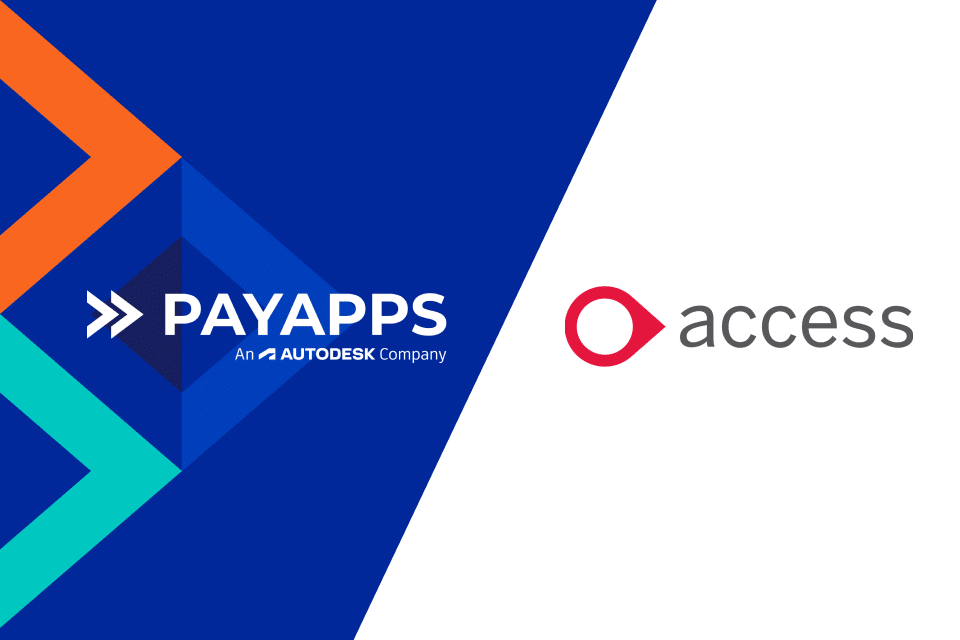The construction industry is not known for its efficient processes and timely payments. In fact, the opposite can often be said to be true.
The industry is naturally complex, with big projects unavoidably including large numbers of people and companies to deliver the end product. Multiple and ongoing negotiations and discussions are par for the course and often mean projects can be difficult to manage.
Add to that old, inefficient, and outdated processes, and you are looking at the perfect storm for disaster – or at least a lot of disgruntled subcontractors and sometimes an unhappy client.

So, what can be done to negate these issues and keep a construction project running smoothly?
One area which is a good place to start is payment processes.
Many companies still use a paper-based system to manage their payment applications, but this generates a whole raft of issues and problems which cost not only time but also money. What’s more, if you, your suppliers, and your subcontractors are all working on completely different systems, and inconsistently across different projects, it does not take long for the whole process to break down. The result is late or inaccurate payments which can then have a knock-on effect resulting in project delays.
Some may see this as inevitable, it is the construction industry after all… but it doesn’t need to be. There are alternative options and specialist software solutions that can help you keep on top of payment applications and approvals.
Embracing digital technologies in construction
Embracing the digital age is the only way forward for the construction industry and a cloud-based payment application solution can provide an efficient and workable solution to this problem.
The systems are generally intuitive to use, meaning that they are easy to get to grips with and tasks that had previously taken days to complete, will now be done within a matter of hours. The solution will allow real-time functionality from any location, so whether you are at the office, at home, or even on-site, as long as you have an internet connection, you can access the system and check the status of any payment application.
Using a centralised and automated system can also help avoid disagreements as all parties can view the application and check what stage it is at, and what else is needed in order for the application to move forward. The automation also removes the scope for processing errors, a common by-product of a manual, paper-based system. Maybe most importantly of all, a cloud-based, automated system helps to reduce the pressure and stress on the people involved.
In a resource-scarce construction industry, there is tremendous benefit in no longer needing to sift through emails, documents and spreadsheets to find the information needed, having to remember when deadlines are due, or panicking when a key person is on holiday or off sick. The information is available for anyone with permission to access at any time, automatic notifications will send timely reminders of what needs doing by when, and all information is there at the touch of a button. Happier employees mean a more productive construction workforce which results in a healthier bottom line.
Takeaways – 5 Ways to Save Time and Money:
- Specialist application for payment software platforms are intuitive to use, meaning that you’ll be able to complete tasks that used to take days within a matter of hours.
- Using centralised and automated application for payment processes can help avoid disagreements, because both you and your suppliers will be working on the same platform.
- A dedicated application for payment software platform can help you avoid mistakes as everything is in a single, easy-to-use environment.
- Manual processes are prone to errors and difficult to collaborate on, an automated for payment platform can be fully mobile, providing access on any device from any location.
- Using a consistent and transparent application for payment solution can help prevent disputes and lead to a happier and more collaborative supply chain.





